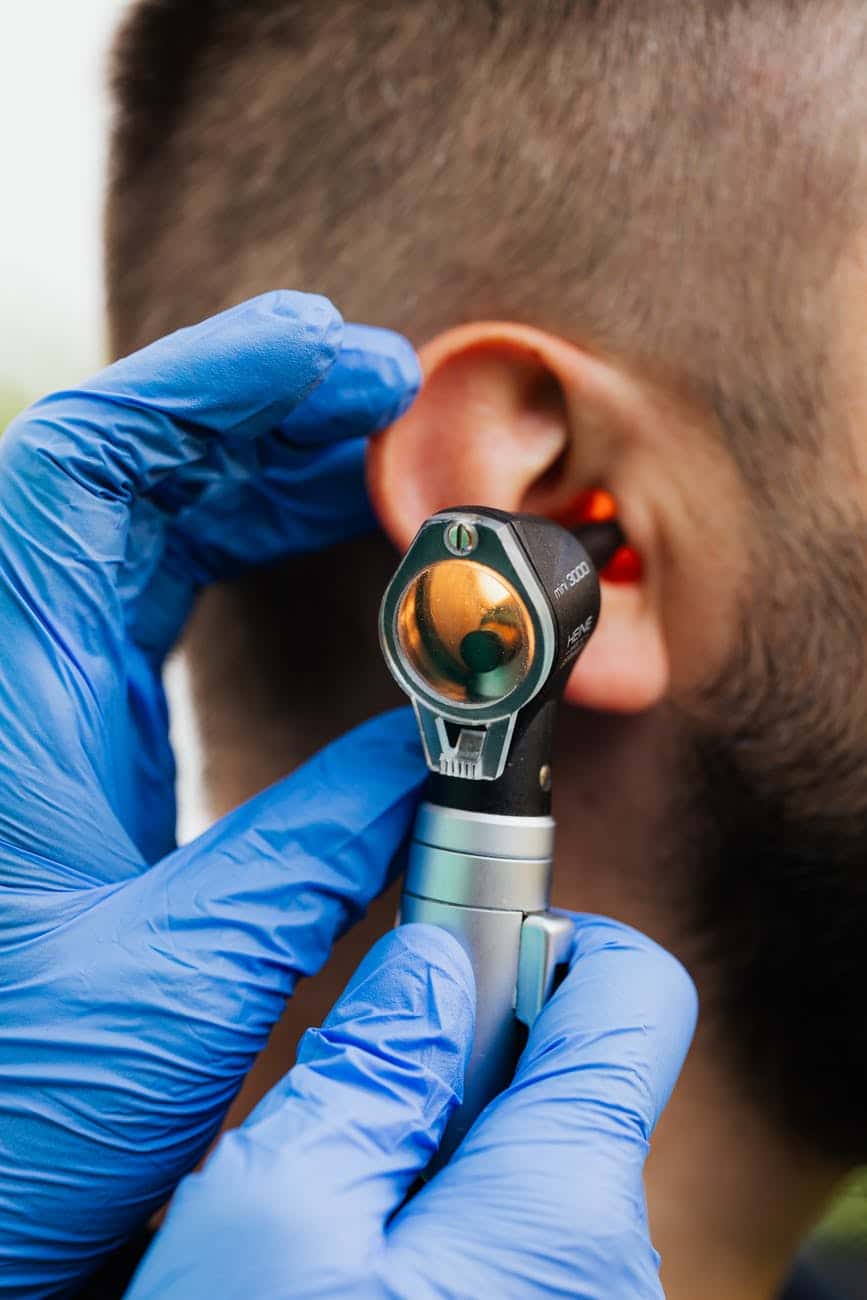Earwax, medically known as cerumen, is a naturally-occurring substance found in the outer ear that is made up of oil, sweat, dead skin cells and dirt. While this may not sound pleasant, earwax plays an essential role in the ear’s health. We review everything you need to know about earwax below.
What Does Earwax Do?

Earwax has several important jobs:
- It is a natural barrier that prevents dirt and bacteria from entering the inner parts of the ear.
- It moisturizes and lubricates the ear canal, preventing skin from becoming dry and irritated.
- It acts as a natural insect repellant; the odor keeps insects away while the stickiness traps any that do enter the ear.
Should I Remove Earwax?
The experts at ENT of Athens do not recommend removing earwax unless it falls into the ear bowl or is impacted.
- Excessive earwax found at the opening of the ear canal and in the ear bowl can be cleaned with a damp washcloth or by letting the water from your shower irrigate the ears.
- Impacted earwax should be removed by a professional at ENT of Athens. Symptoms of impacted earwax include earache, itchy ear, fullness in the ear, tinnitus (ringing in the ears), hearing loss, dizziness and odor or discharge from the ear.
What Does the Color of My Earwax Mean?
The color and texture of your earwax makes indications about the health of your ear and body.
- White, flaky earwax is normal but may indicate you lack a body-odor-producing chemical.
- Yellow, sticky earwax is also normal but may indicate you have to wear deodorant.
- Orange or light brown earwax is older earwax that is probably found toward your ear bowl.
- Red earwax may indicate a bleeding injury or infection.
- Dark brown or black earwax usually indicates it’s trapped a lot of dirt and bacteria.
What if I Wear Hearing Aids?
Hearing aids are built to withstand the rugged environment that is your ear. That said, they can malfunction if earwax becomes impacted in any of the ports. You can remove it with a wax pick/wire loop from Hodgson’s Pharmacy.
In addition, according to the National Library of Medicine, “[Earwax] is more likely to accumulate and cause a hearing impairment when normal extrusion is prevented (for example, by hearing aids or by the use of cotton buds to clean the ears).” So if you wear hearing aids, you’re more likely to suffer from impacted earwax.
For more information or to schedule an appointment, call ENT of Athens today.